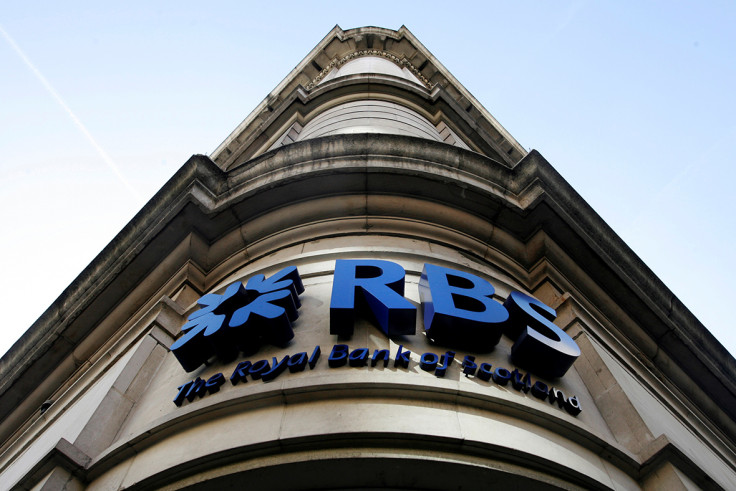British taxpayer forced to take a £2bn bath as RBS shares sold at massive discount
RBS shares sold at 46 percent less than the 502 pence-a-share the government invested in 2008 and 2009.

The British government decision to sell a 7.7 percent stake in Royal Bank of Scotland on Tuesday, has been embroiled in controversy after it was revealed that it cost the taxpayer £2 billion.
The government sold almost 8 percent of its shares for 271 pence each, raising £2.5 billion ($3.3 billion), the Treasury said in a statement. That's 46 percent less than the 502 pence-a-share the government invested in 2008 and 2009, spurring criticism from opposition leaders who said taxpayers would "incur an enormous loss."
The U.K. pumped £45.5 billion into RBS as it sought to protect the nation's financial system during the financial crisis, ultimately acquiring more than 84 percent of the bank. The government still owns 62.4 percent of RBS, more than a year after the Treasury sold the last of its shares in rival Lloyds Banking Group.
"This sale represents a significant step in returning RBS to full private ownership and putting the financial crisis behind us," chancellor of the exchequer Philip Hammond said. "The government should not be in the business of owning banks."
But John McDonnell, the Labour Party's shadow chancellor, said there was no economic justification for selling the shares at this time.
"There should be no sales of RBS shares, full-stop," McDonnell said in a statement released before the sale.
"But because of this government's obsession with privatization, the taxpayers who bailed out the bank will now incur an enormous loss."
Under Chief Executive Ross McEwan, who took over in 2013, RBS ditched the global ambitions that briefly made it the world's largest bank before the financial crisis brought it to the brink of collapse. The bank has sold most overseas operations and shed risky assets to focus on consumer and business banking in Britain.
But the bank has struggled to overcome its history, setting aside billions of pounds to compensate customers, pay fines and settle lawsuits stemming from past excesses.
RBS cleared the way for the share sale last month when it agreed to pay $4.9 billion to settle claims that it misled U.S. investors who bought securities backed by risky mortgages, resolving the last major legacy of the financial crisis.
"I am pleased that the government has decided the time is now right to restart the share sale process," McEwan said in a statement. "This is an important moment for RBS and an important step in returning the bank to private ownership."
The sale marks the second time the government has moved to divest its holding in RBS and comes amid increasing pressure to restore government coffers after eight years of austerity. The proceeds of the sale will be used to reduce the national debt, Hammond said.
© Copyright IBTimes 2025. All rights reserved.





















